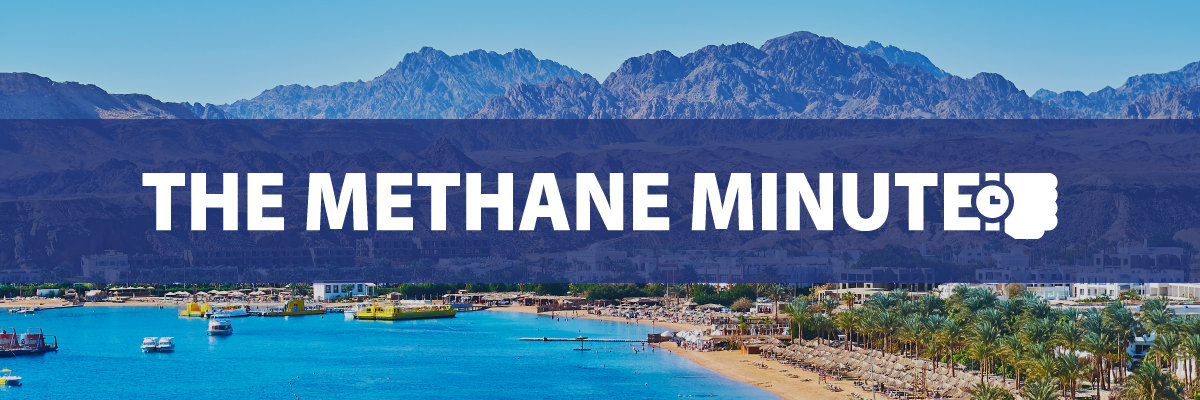It’s all over but the shouting.
By which we mean, there’s still quite a long way to go (and probably lots of shouting left) at COP27. The G20 Communique reaffirmed the commitment made in Glasgow by the world’s biggest economies to keep 1.5°C within reach – which was somehow something some considered backing away from – and move the world away from fossil fuels.
Back in Sharm, as we await the first release of decision text language, we on #teamMethaneMoment are looking forward to tomorrow’s Global Methane Pledge ministerial, in which we’ll get some updates on progress at the end of year one.
Priority Announcements
It’s (unofficially) Methane Day: It’s appropriate that the methane ministerial will take place on Solutions Day, because we know methane mitigation is an essential part of any path to avoiding the worst climate outcomes. Expect some new announcements from countries on their plans to implement pledge commitments, new signatories, and expanded financing commitments. Watch the livestream on the UNFCCC site. Remember: You can view all the announced plans here.
Climate and Clean Air Coalition held its ministerial last night: Ministers and leaders from more than 40 CCAC countries came together alongside dozens of partners from intergovernmental organizations, businesses, scientific institutions, and civil society organizations to announce new collaborative efforts, report actions undertaken at home, and reaffirm their commitment to slashing SLCPs for human and planetary health. Watch the webcast here, read the recap in the press release here, and check out photos from the event here.
New waste methane initiative launches: Carbon Mapper and the Grantham Foundation for the Protection of the Environment announce the development of a new waste methane initiative to conduct a first-of-its-kind global assessment of thousands of high-emitting solid waste sites using remote-sensing technologies. The multi-year effort will leverage remote observations to detect and quantify site-specific methane emissions to establish a baseline of high-emitting solid waste sector sites. Read more here and check out this neat interactive here.
The business case: The American Sustainable Business Network released a case study demonstrating the economic benefits of addressing methane pollution. Check it out here.





